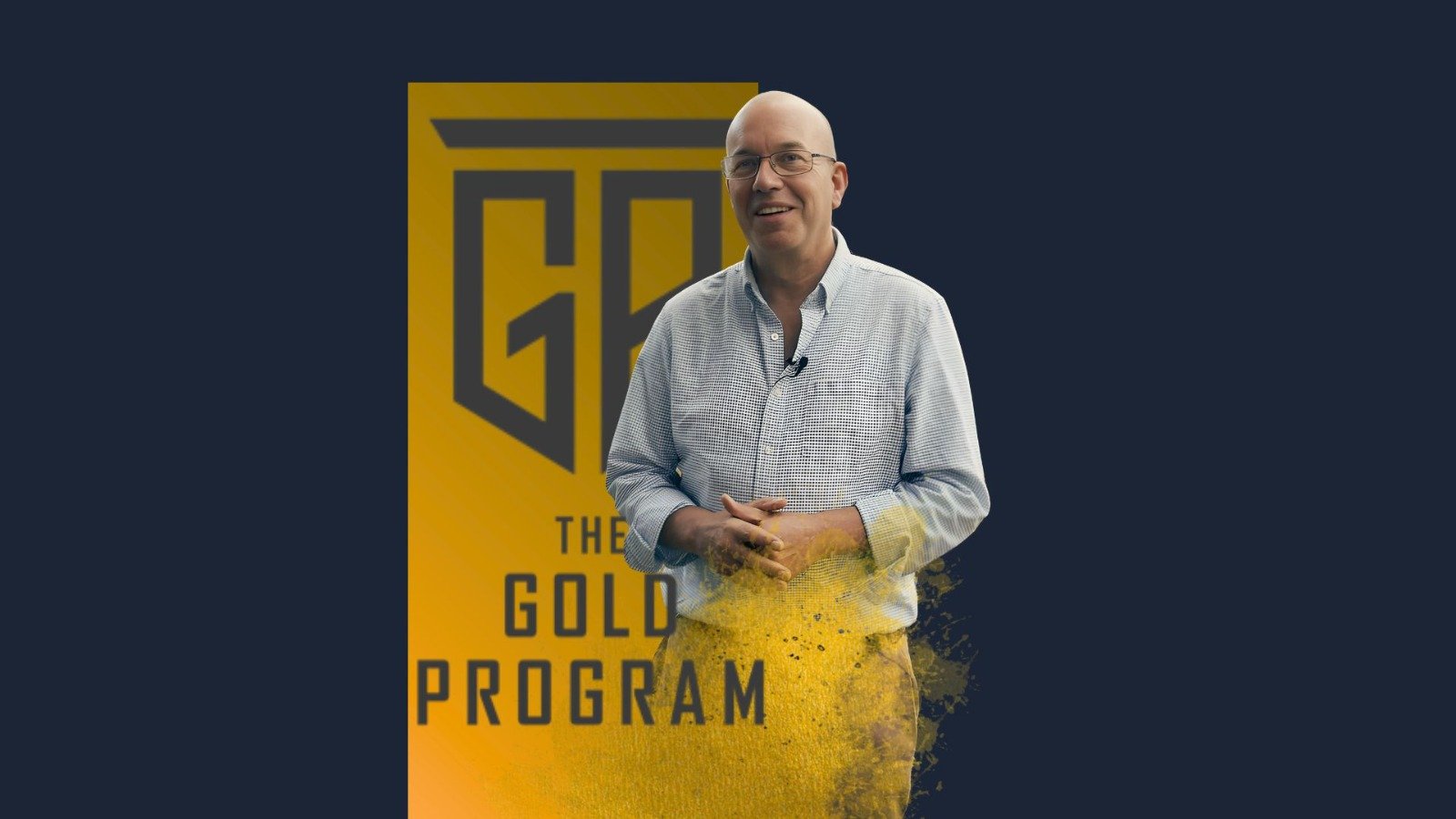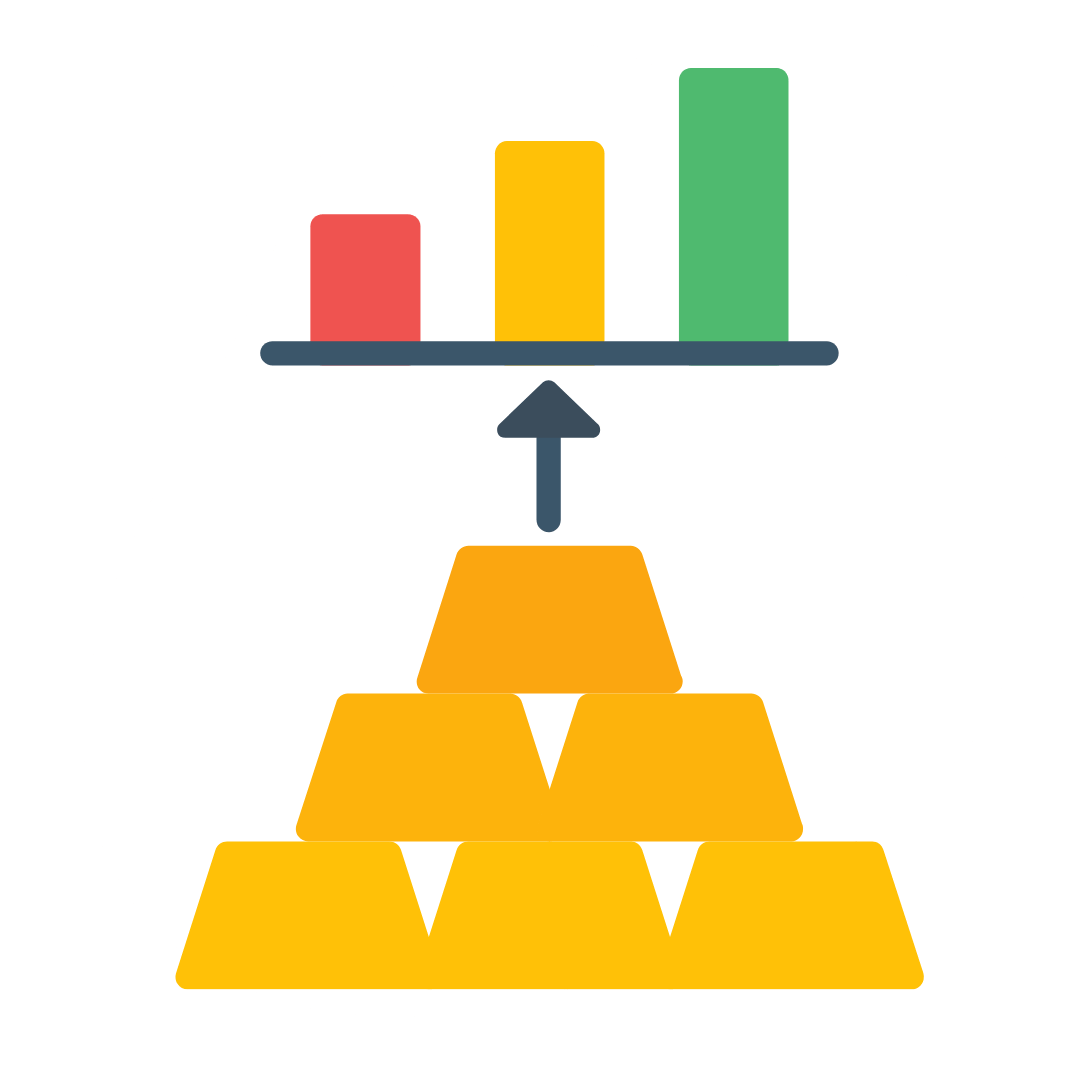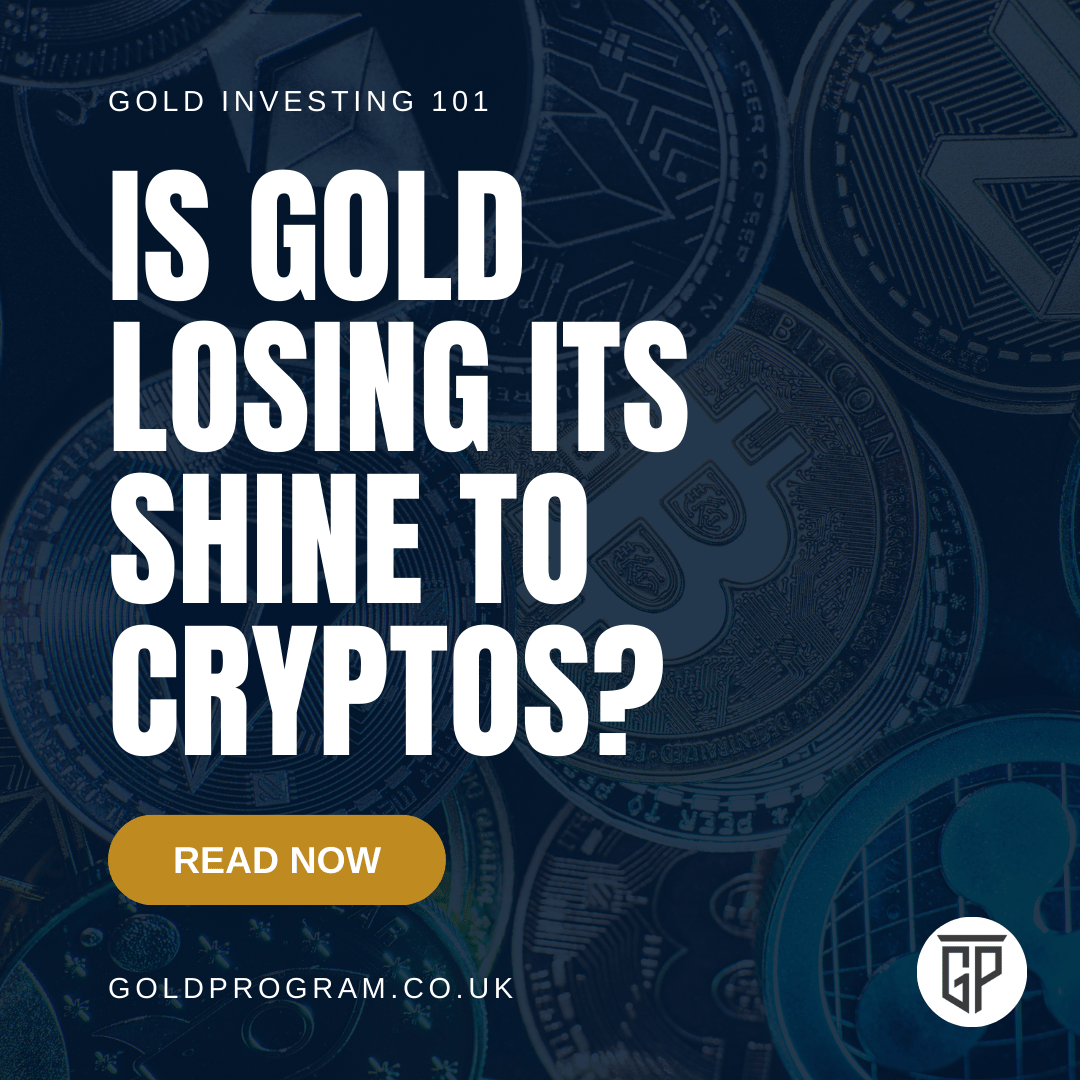I assumed an inflation rate of 8% over ten years. If you do this, out pops a present value factor - it was 0.463. That’s maths, not opinion. Playing with the numbers (I wanted to keep them simple), I assumed a pension pot of £1,000,000 when I retire.
Bear with me; this is the boring bit. If you multiply that pot by the present value factor (if we get 8% inflation for ten years), in today’s money, that pot would actually be worth about £463,000.
Scary, eh?
It gets worse.
If you want to try and get some protection from inflation, you can get a Retail Price Index (“RPI”) linked pension, but the RPI needs to reflect your own personal level of inflation. If the RPI is lower, you’re not really getting the protection you want. For example, if the RPI is 5% but your personal level of inflation is 10%, you’re 5% poorer.
My personal level of inflation is currently considerably higher than the headline rate.
Anyway, let’s crack on.
I used an annuity table to calculate my annual income. On the basis of buying an annuity for £463,000 (the present value of £1,000,000 in 10 years time assuming 8% inflation); then at the time of writing, your annual income (with RPI protection) I could get an income of between £18,512 and £33,028 – depending how old I was when I retired. The £33,028 was on the basis I retired at 75 years old – I hope to retire way before then.
Given the massive cost of the state pension to the country, I DON’T want to rely on that – but that’s another story.
Back to my personal pension.
I need to LIVE...not EXIST.
I had a choice. Do nothing or SOMETHING.
I chose SOMETHING.
I needed to invest in something that was going to give me a future. I wanted to LIVE….not exist.
But what should I invest in?
If inflation happened, I wanted to be ready for it.
Not only that, I wanted something that could still work for me if inflation wasn’t an issue. I already knew a lot about equities, bonds and property, but I had a missing piece to my jigsaw.
You know that nagging feeling!




























